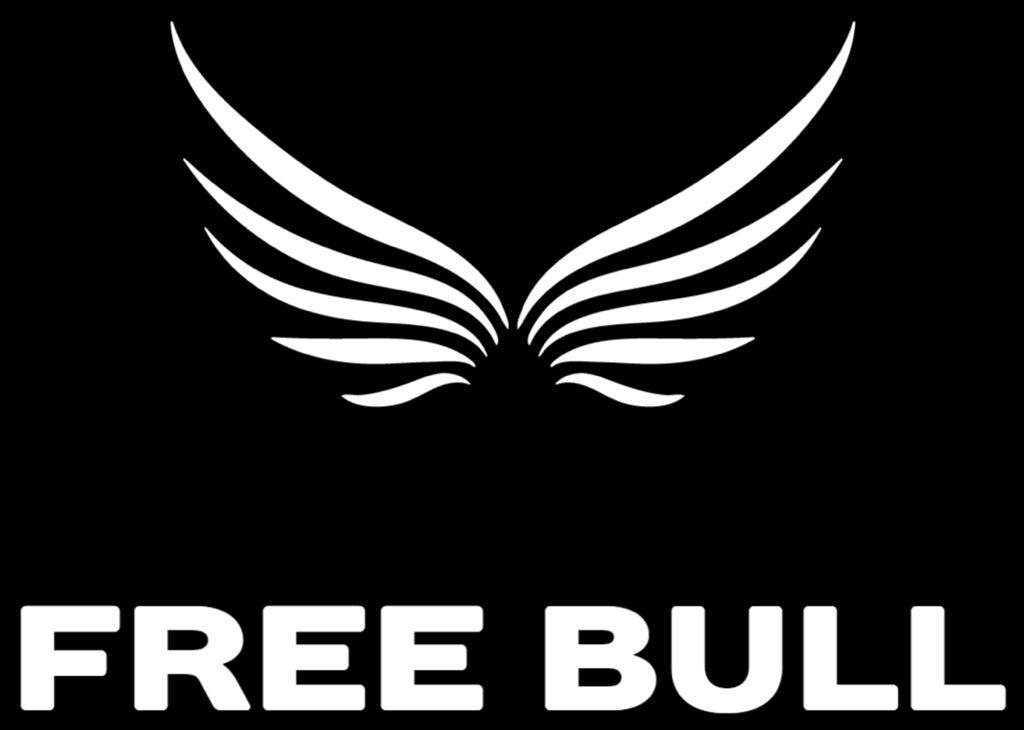#SP500:
The U.S. Treasury Department is asking primary dealers of U.S. Treasuries whether the government should buy back some of its bonds to improve liquidity in the $24 trillion market. The central bank, which had bought government bonds during the COVID-19 pandemic to stimulate the economy, is now also reducing the size of its balance sheet by letting its bonds reach maturity without buying more, a move which investors fear could exacerbate price swings. The Treasuries market has swelled from $5 trillion in 2007 and $17 trillion in early 2020, while banks are facing more regulatory constraints that they say make it more difficult to intermediate trades. The Treasury is asking dealers about the specifics of how buybacks could work “in order to better assess the merits and limitations of implementing a buyback program.” This is a positive signal for the US stock market.
Trading recommendation: buy 3550 and take profit 3688.
#FTSE100:
UK pensions are selling to meet margin calls on derivatives they used to help ensure they could keep paying retirees even if interest rates changed, using a technique called liability-driven investing. The offloading that first began after a spike in gilt yields two weeks ago was renewed this week, when the BOE confirmed that it plans to end an emergency bond buying program. The BOE intervened to buy bonds soon after the government announced tax cuts last month and gilt yields spiked. The central bank had hoped its measures would be big enough that nobody would doubt its resolve to quell market turmoil, according to a person with knowledge of the matter. Limits on the buying were increased to allay concerns that anyone seeking to tap the program this week would have difficulties accessing it, the person said, asking not to be identified as the matter is private. But angst about the end of BOE intervention quickly followed. Yields on sterling denominated investment-grade corporate bonds ballooned to over 7% for the first time since 2009.
Trading recommendation: sell 6930 and take profit 6700.
#WTI:
The sudden crisis in US-Saudi relations is one of the worst — yet most unnecessary — in a partnership that has lasted almost 80 years. While it’s understandable that Americans are outraged at a decision by the Saudi-led OPEC+ group to cut petroleum production and bolster prices, both sides have failed to understand each other’s perspectives. This attitude is partly rooted in the perception that the Saudis are aligned with Republicans, especially former President Donald Trump. They assume Riyadh is attempting to put its thumb on the scale to help Republicans in next month’s congressional elections and even set the stage for a Trump comeback.
Trading recommendation: buy 82.85 and take profit 90.00


